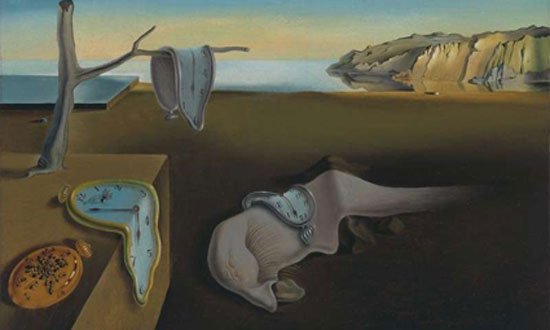
Time (and our sense of it) is a precious matter – yet it has long been expropriated by the techniques of its measurement. Through unconscious processes, the minutes once, and now the seconds (even the nanoseconds), dominate our lives, especially when these lives are bound up with governmental machines.
In a rather indirect way, it can indeed be considered good news that creating a perfect timekeeping system—a “perfect clock”—is impossible. The team of physicists from the universities of Warsaw and Nottingham who reached this conclusion certainly weren’t looking for an excuse for turning up late to work (“Sorry I’m late, boss, but a perfect clock doesn’t exist!”) or for missing appointments. They were simply testing the truth of a theorem from both general and special relativity, according to which the duration of time in any system—whether stationary, moving at constant speed, or accelerating—can in principle be measured with absolute precision. “No,” the researchers say. “In cases of extremely high acceleration, accurate time measurement is impossible.”
Unfortunately, this “speeding up” (or “slowing down”) is none of our business. It relates to the motion of the elementary particles of matter, and to how different observers necessarily measure different times.
Fine. Let’s try excuses like “I was late because a boson braked in front of me.” Most likely the next question will be “a whatttt?”, so the conversation will head elsewhere…
